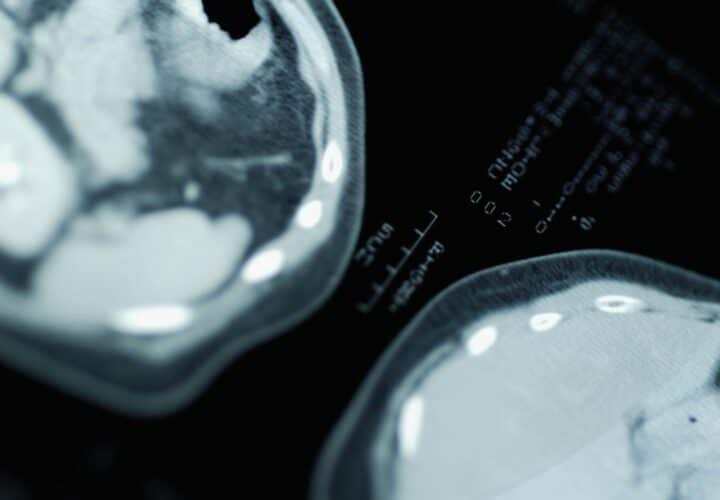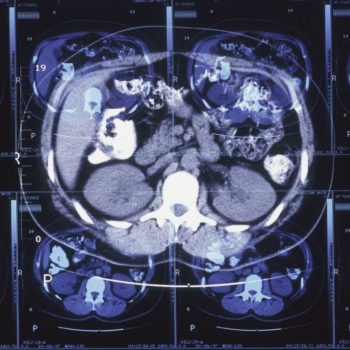Schedule an appointment with your doctor these days and you might leave the office feeling as though the doctor’s computer received more attention than you did. In fact, for the last decade or so, as electronic medical records have become more prevalent, both patients and health care workers have increasingly complained about the burden the extra record keeping is causing.
Researchers in Indiana, however, have published two studies saying that the information stored in electronic medical records is enough to accurately predict an individual’s risk of developing dementia.
“The great thing about this method is that it’s passive, and it provides similar accuracy to the more intrusive tests that are currently used,” said Malaz Boustani, a research scientist at Regenstrief Institute and a professor at Indiana University School of Medicine.
“This is a low cost, scalable solution that can provide substantial benefit to patients and their families by helping them prepare for the possibility of life with dementia and enabling them to take action,” Dr. Boustani said in a news release.
In an interview with Being Patient, Dr. Boustani said people facing a diagnosis of Alzheimer’s or another dementia can now take steps through diet, exercise and other lifestyle changes to delay further loss of cognitive skills or memory.
Recent drug developments, he said, make early diagnosis ever more critical. Drugs like Biogen’s aducanumab, which is being considered by the FDA, work best at the early stages of the disease. “Medicine is influencing the early stages before you have lost a lot of neurons,” Dr. Boustani said.
Machine Learning Approaches Show Prediction Accuracy
The research team, which also included scientists from Georgia State, Albert Einstein College of Medicine and Solid Research Group, published its findings on two different machine learning approaches.
One paper, published in the Journal of the American Geriatrics Society, analyzed the results of a natural language processing algorithm, which learns rules by analyzing examples. A second paper, published in Artificial Intelligence in Medicine, focused on results from a so-called “random forest model.”
Both methods showed similar accuracy at predicting the onset of dementia within one and three years of diagnosis.
To train the algorithms, researchers gathered data on patients from the Indiana Network for Patient Care. The models used information on prescriptions and diagnoses, which are structured fields, as well as medical notes, which are free text, to predict the onset of dementia.
Dr. Boustani said that the researchers found that the free text notes were the most valuable to help identify people at risk of developing the disease.
A second author, Patrick Monahan of the Indiana University School of Medicine, called the research “exciting” and said it could provide significant benefit to patients and their families.
“Clinicians can provide education on behavior and habits to help patients cope with their symptoms and live a better quality of life,” Monahan said.
The researchers said in addition to benefits to patients and families, reviewing electronic medical records can also provide significant cost savings for patients and health systems because they replace the need for expensive tests and allow clinicians to screen entire populations to identify those most at risk.
Researchers said their next step is to deploy machine learning algorithms in real-life clinics to test if they help identify more true cases of dementia as well as to learn how they impact a patient’s willingness to follow up on the results.




